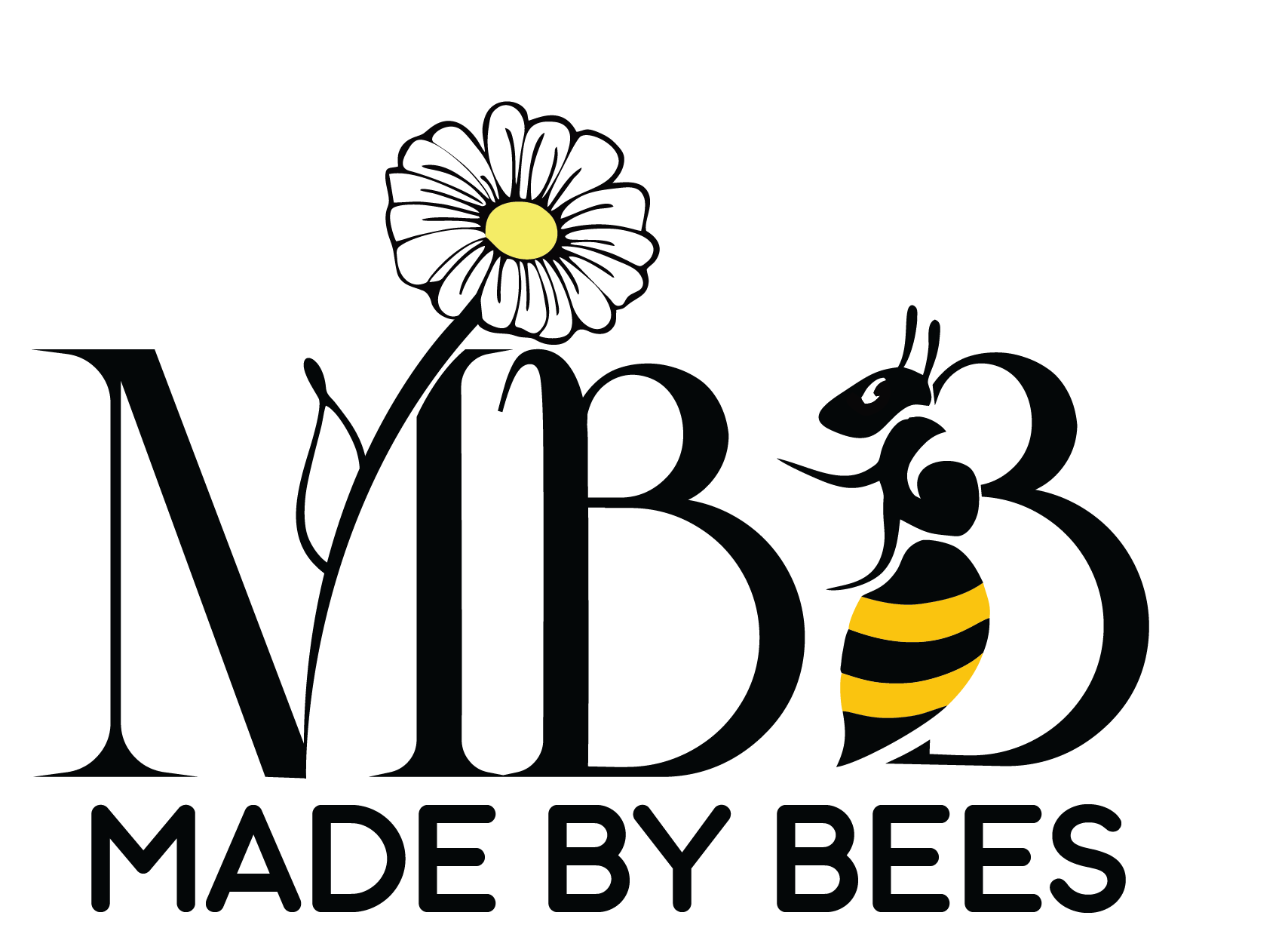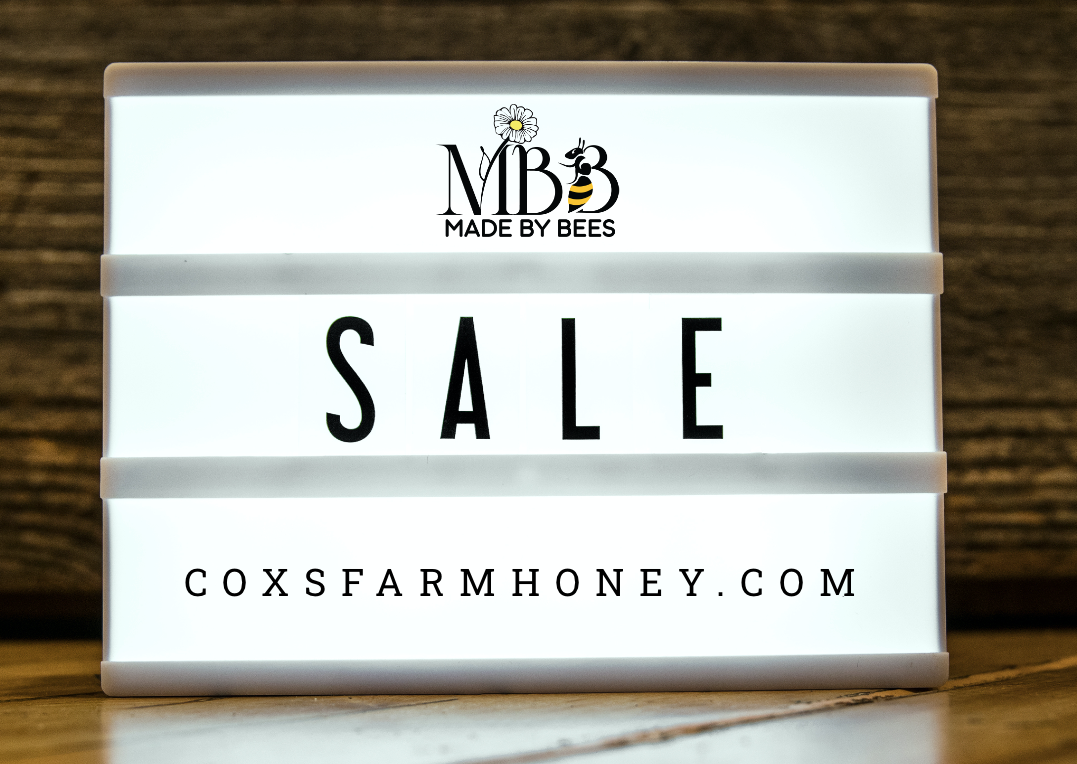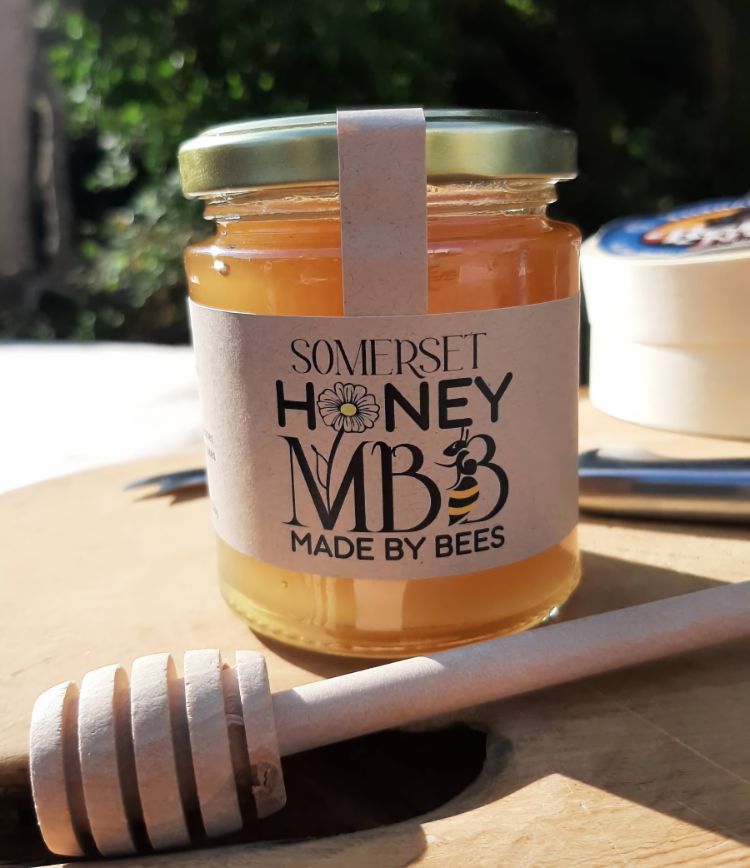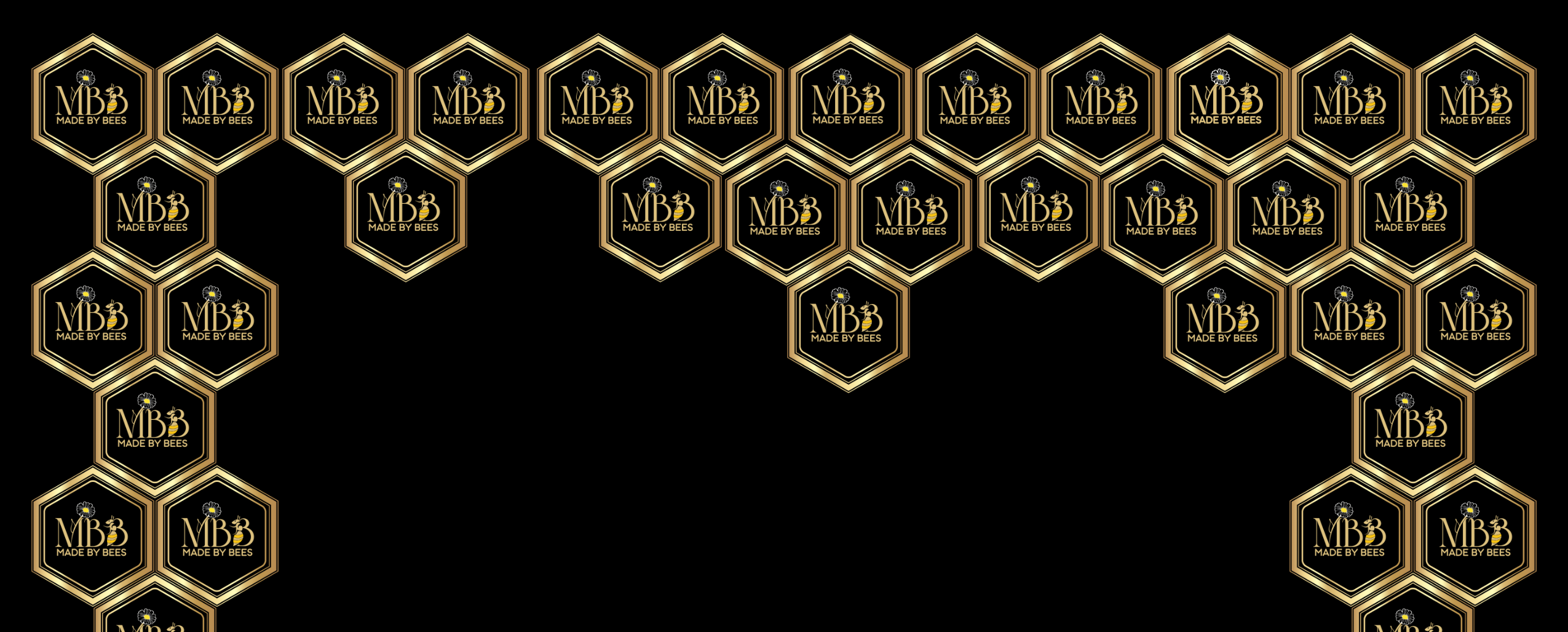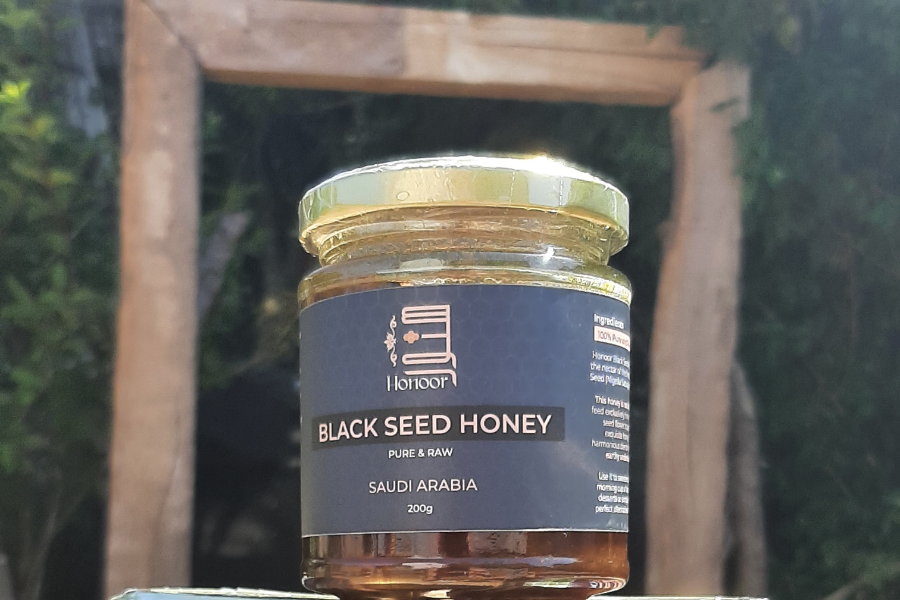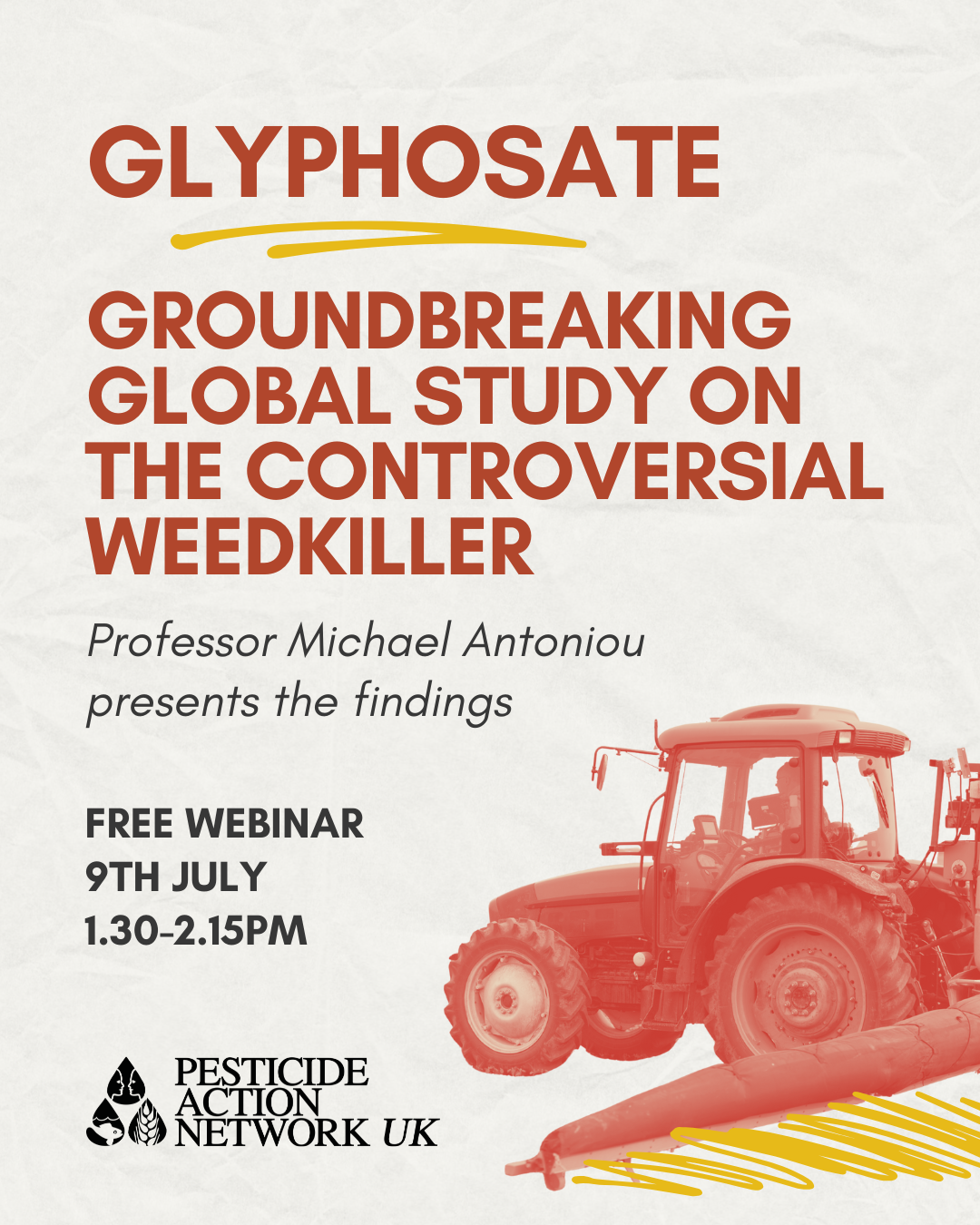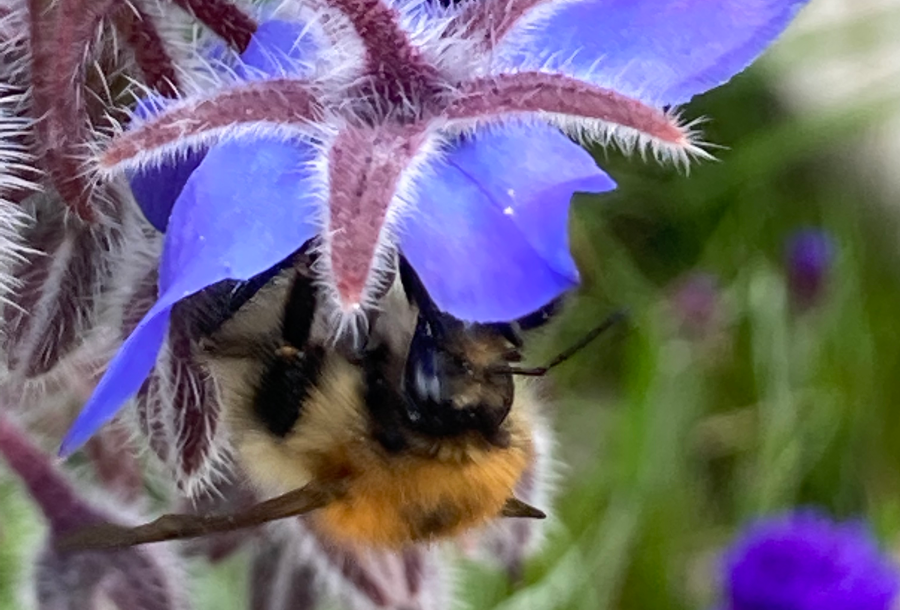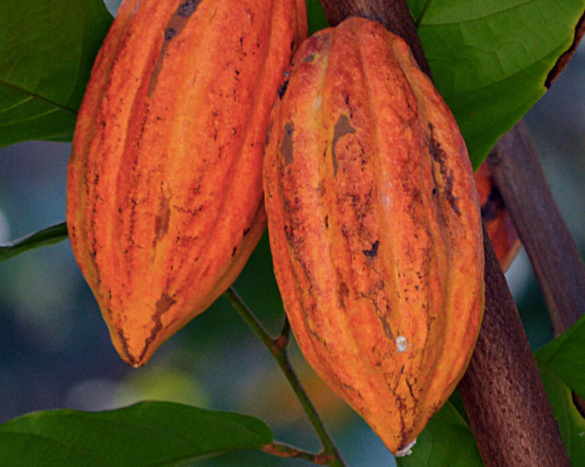Go pesticide free - there’s no plan bee!
The Buzz - Made by bees bog
Whether you're here to learn about bees and wild pollinators, stay updated, or get inspired, our blog offers fresh perspectives, expert advice, and engaging content tailored just for you.
Local Honey Near Me: Why Our Luxury Honey Is Better
Looking for “local honey near me”? While local honey is fresh and natural, our luxury honey collection offers rare, nutrient-rich varieties from around the world.
Each jar is carefully harvested from unique flowers, trees, or plants—like thyme hills, Spanish oak forests, and Taif roses—giving bold, distinctive flavors and natural health benefits. Raw and minimally processed, our honeys retain antioxidants, enzymes, and medicinal properties to support immunity, digestion, and overall wellness.
Experience honey like never before—rich, aromatic, and truly indulgent. Discover our luxury honey collection and elevate your honey journey beyond local.
My Top TEN Honey from around the world
Black Seed Honey: The Ancient Remedy Making a Modern Comeback
New study reveals Glyphosate causes cancer
Inner city wildflowers could be absorbing toxic metals that pass on to bees, study finds...
Pollinator decline & climate change threaten chocolate production
Recommendations to reverse decline of pollinators in the chocolate industry include reducing the use of pesticides!
Vets urged to cut back on flea treatments
